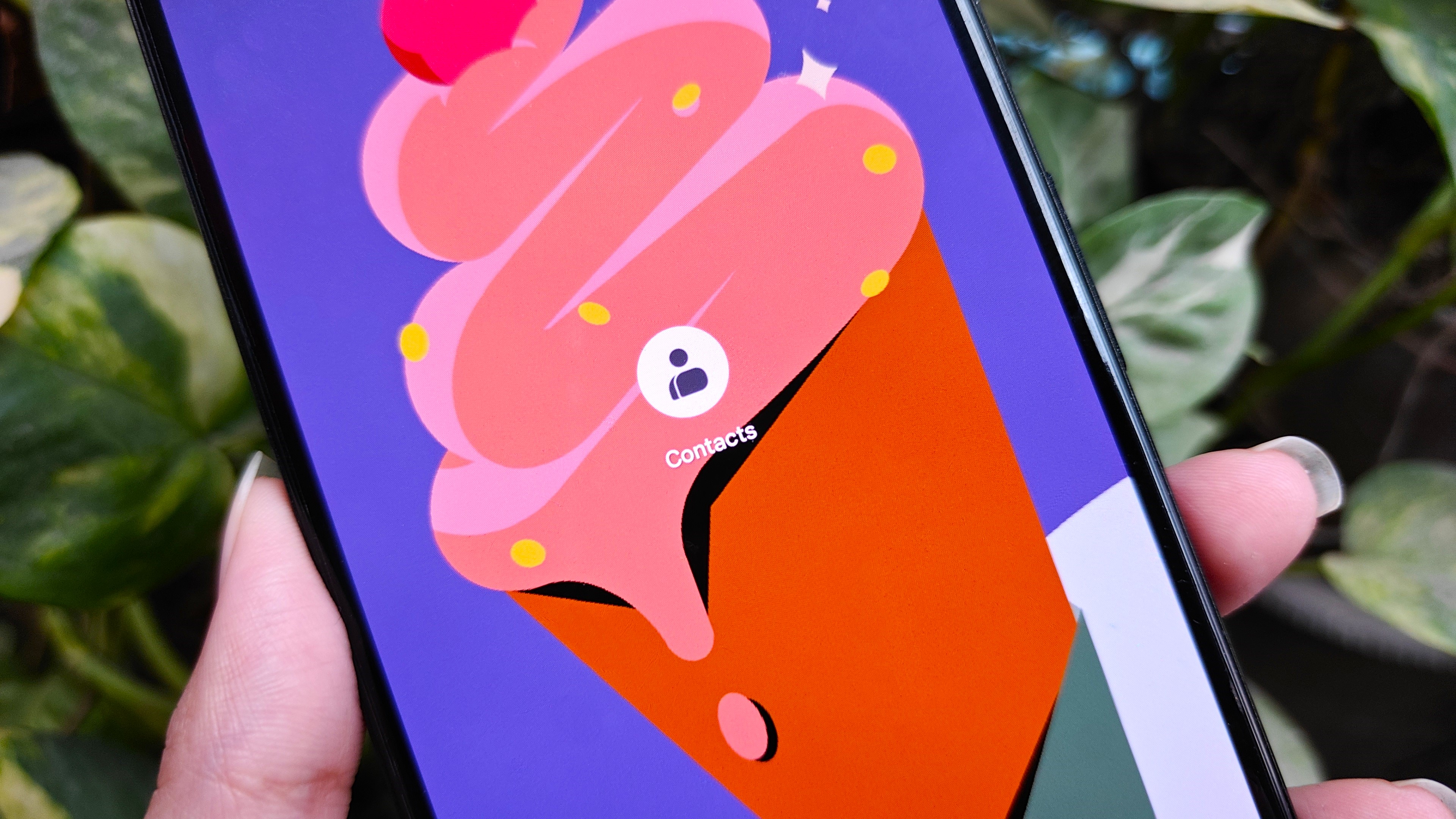With the Pixel 8 series, there is now a clear divide between Google's Android and Google Pixel

Every company that makes a smartphone should show us something that's better than last year's design in some way. It doesn't have to be drastically different, though if it seems too familiar, nobody is happy about it, but it should always be sufficiently "new and Improved" when compared to older products.
Google certainly did that with the Pixel 8 and Pixel 8 Pro. The phones look a lot like last year's Pixel 7 series at first glance, but there are meaningful changes in key areas that are a step up from the predecessors. Better displays, better cameras, better battery life, these are all good things. But the biggest changes are in the software, and somewhere you can't see them.
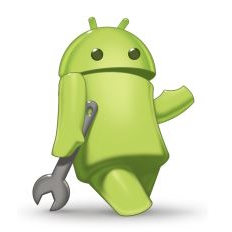
One of the web's longest-running tech columns, Android & Chill is your Saturday discussion of Android, Google, and all things tech.
I think the Tensor G3 is the best phone chip on the market right now. That doesn't mean it's faster or can play games better or even that it won't overheat when you try to shoot video in the summer. The way the G3 is used and the specialized proprietary processor inside it geared to handle Google's special AI (artificial intelligence) and ML (machine learning) code is a very big deal as far as Google is concerned.
In the future, it's possible that this pairing of Google's software with Google's hardware is also something that you'll never be able to have with any other phone. Simply put, if you want Google's apps and software to work best, you'll need to buy a Pixel phone.
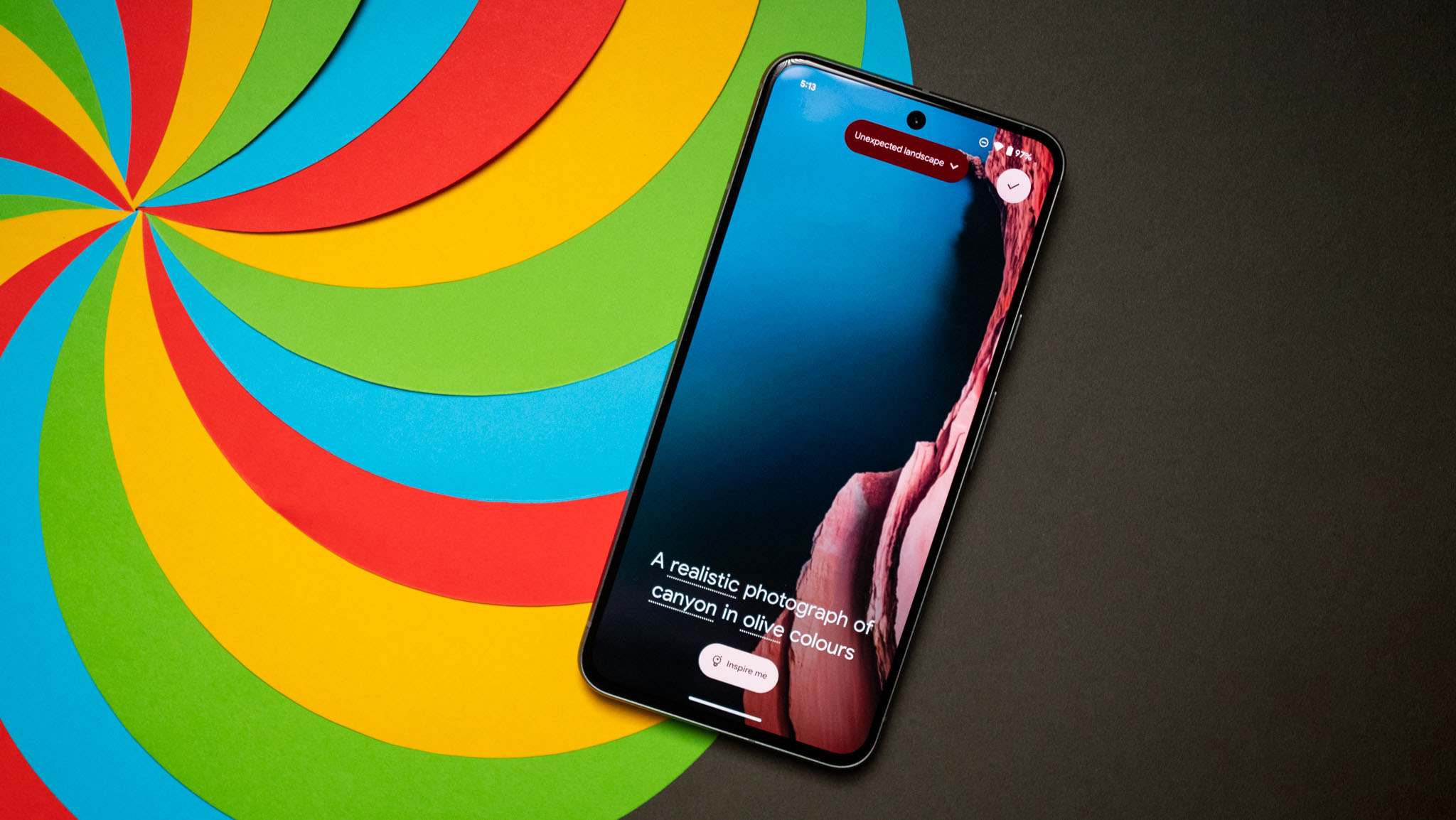
That's either a good thing or a bad thing, depending on how you look at it. It's good that Google can flex its software muscle and do cool things that otherwise may not be possible, at least for a while. Qualcomm, Samsung, and Apple are certainly capable of investing in the same types of AI that Google is using, as well as the hardware to pull it off. I think Apple isn't too far behind and expect big changes in iOS and the iPhone a few years from now.
Generally, I think this is a bad thing, though. Google is keeping secrets instead of sharing information, and it may make a better Pixel experience, but I'd really like to see what Qualcomm or Apple could do running Google's ML code on its own one-to-one version of Google's chip inside their own SoC (system on a chip).
Things have been going in this direction for a while — remember when Google pulled the Pixel launcher from the Play Store? Android "enthusiasts" complained, but it was no different from any other phone manufacturer that has no desire to share its own unique experience.
Get the latest news from Android Central, your trusted companion in the world of Android
This is different, though, and coming from Google is different. Google may not have started Android, but for all intents and purposes, the company is the face of Android. Hundreds of other companies and individuals help maintain and update the code itself, but Google has the control.
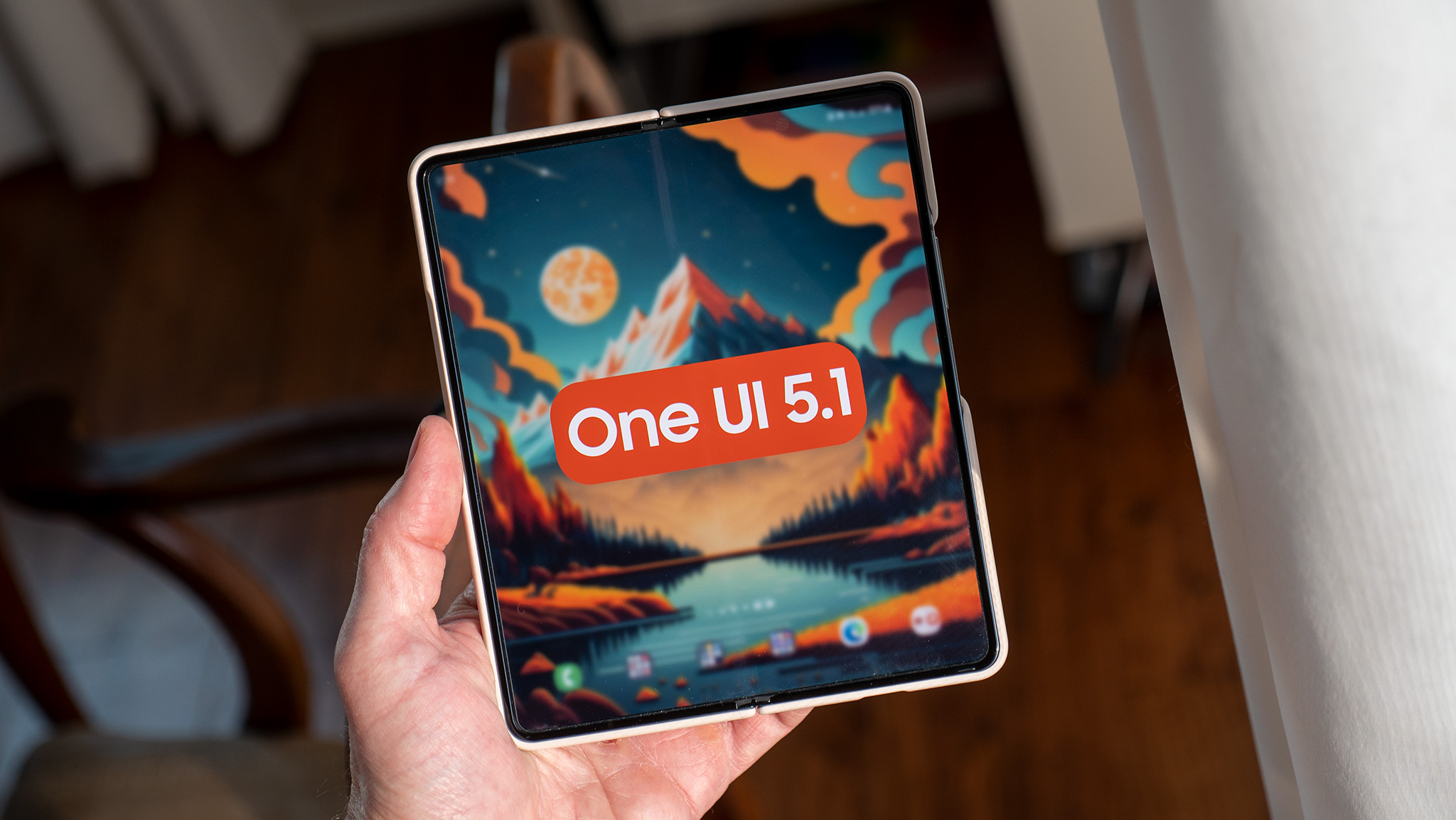
Google also has complete control over some of the most used apps on Android and iOS, like Gmail or Maps, and Google search is on almost every smartphone outside of China. Google has a lot of power when it comes to the internet and mobile software, more than any other company.
This software is never going to stop working on all the phones out there, even as new models come out from Samsung and Apple. Google wants this software to work and will provide new features to try and entice us to use it even more than we already do. Google makes money because we use its software.
Google can also make the very same software work best on its own phones, and I'm positive that isn't far off. Gmail, for example, works differently if you have a cool new foldable like the Galaxy Z Fold or a Pixel Fold. Gmail could also work differently if you have a phone with the "preferred" hardware to run certain ML models and software algorithms. It's easy to imagine better and more effective inbox filtering on a Pixel than you would have on a Galaxy.
This is a big shift from the Google of old. People in this industry talk, even when they work for the companies that make these products. Previously, Google was very cautious about doing anything that would create a rift between itself and all the vendors that made Android what it is today. Very little was held back because Google needed to keep Samsung happy, and Samsung wouldn't be happy if a cool new Android thing didn't work on the next Galaxy phone.
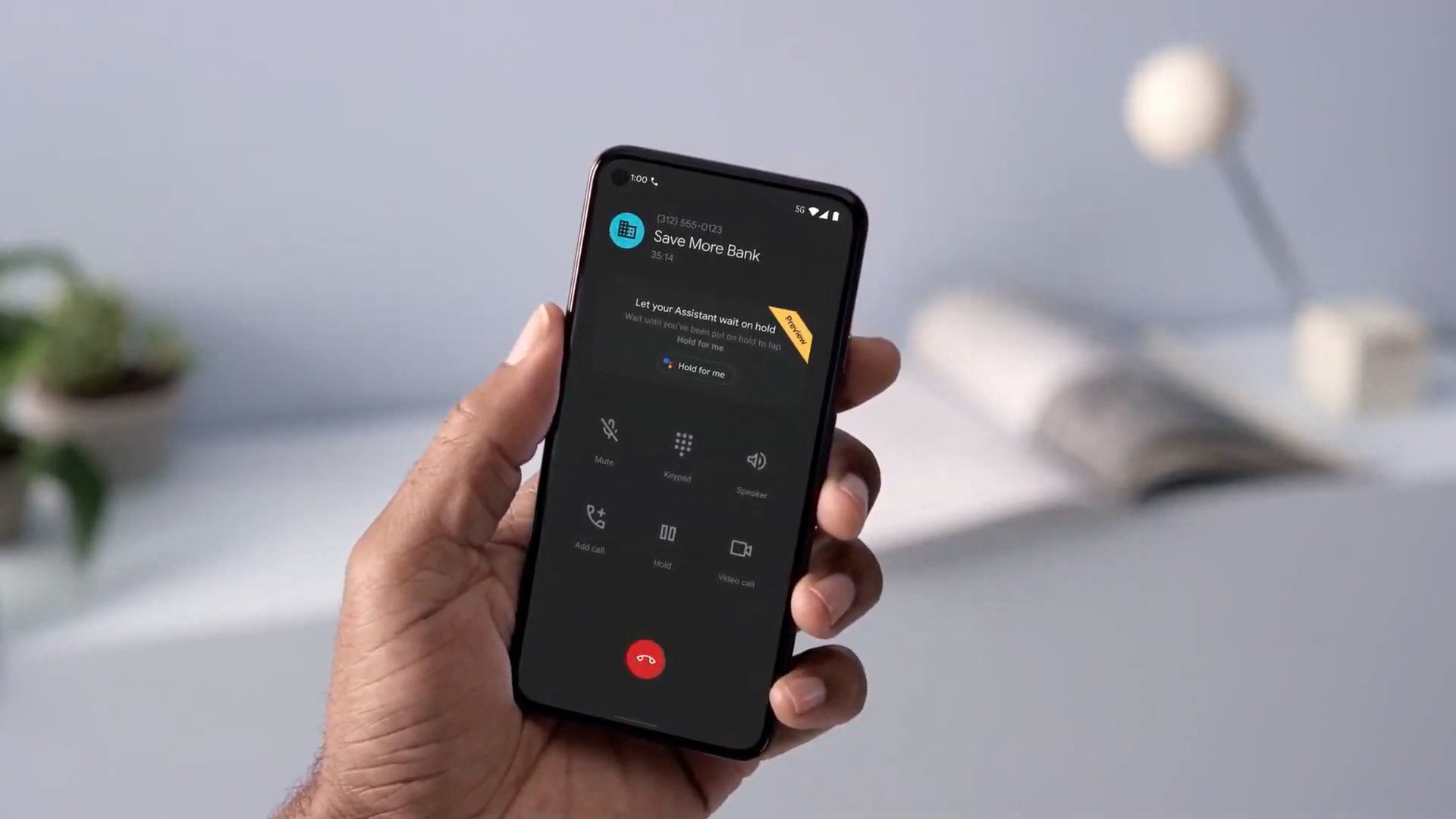
Now Google is building all these cool things but calling them Pixel features. Features that will probably never come to a Galaxy phone or any other brand of phone. And it's building the hardware to make them even better and to unleash even cooler things in the future. Things that are Pixel features. Things that will never be on a Galaxy phone.
Maybe I'm wrong, and Google has plans to work out ways for other brands to take advantage of its huge lead in AI and ML. The company could easily work with partners or even Apple to do things like build incredibly complex camera AI into other phones.
More realistically, I think Google just got tired of playing second fiddle and is now serious about building and selling a phone so different and so good that everyone who uses it wants to buy one.

Jerry is an amateur woodworker and struggling shade tree mechanic. There's nothing he can't take apart, but many things he can't reassemble. You'll find him writing and speaking his loud opinion on Android Central and occasionally on Threads.
